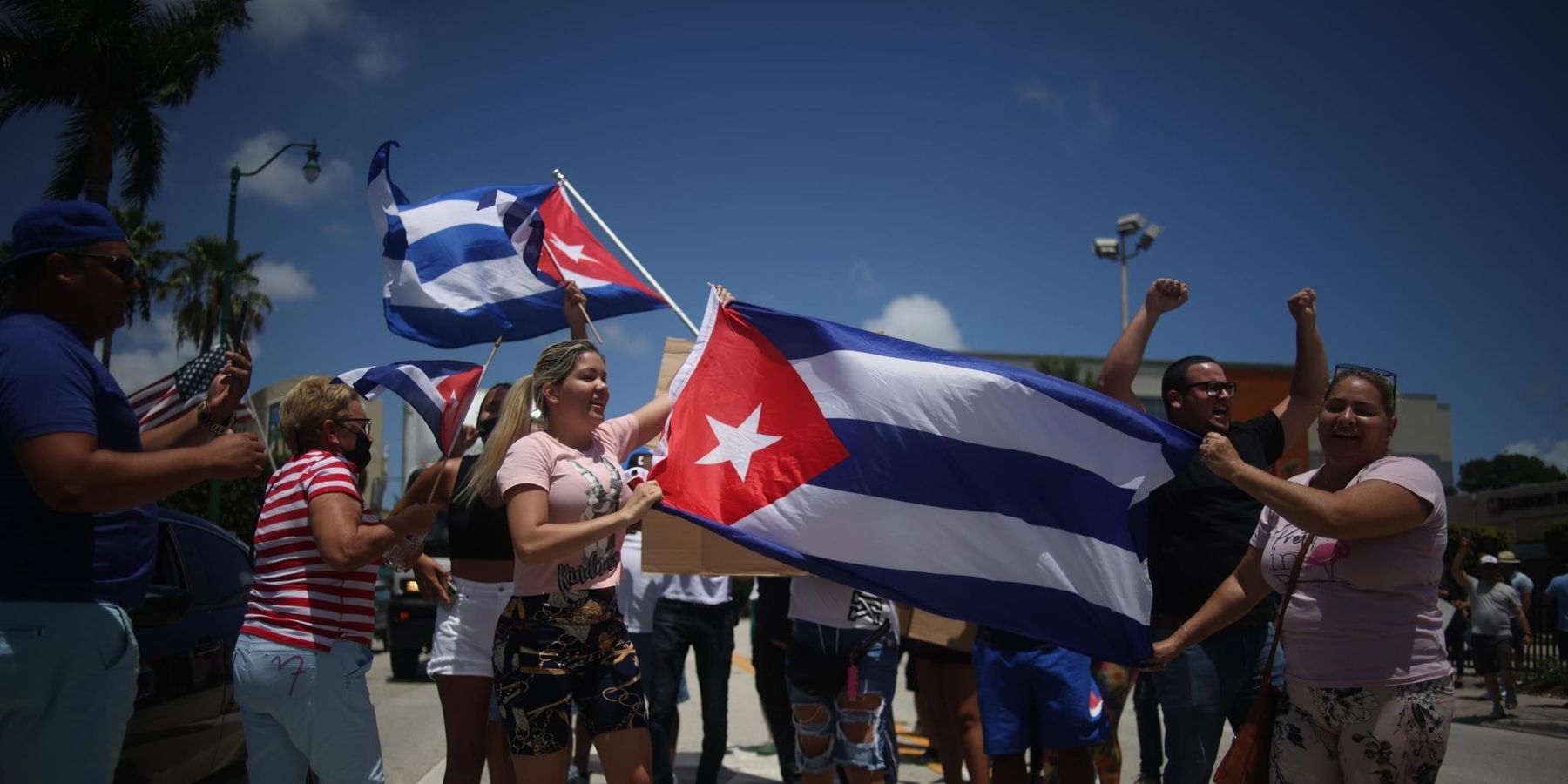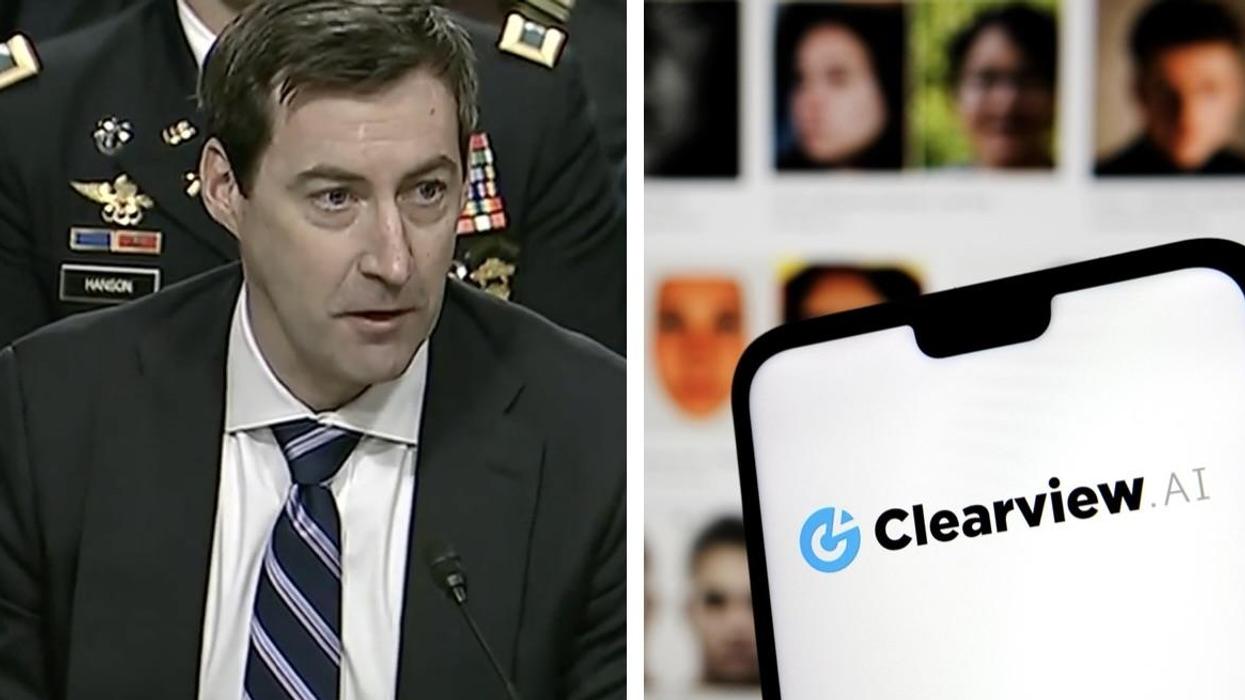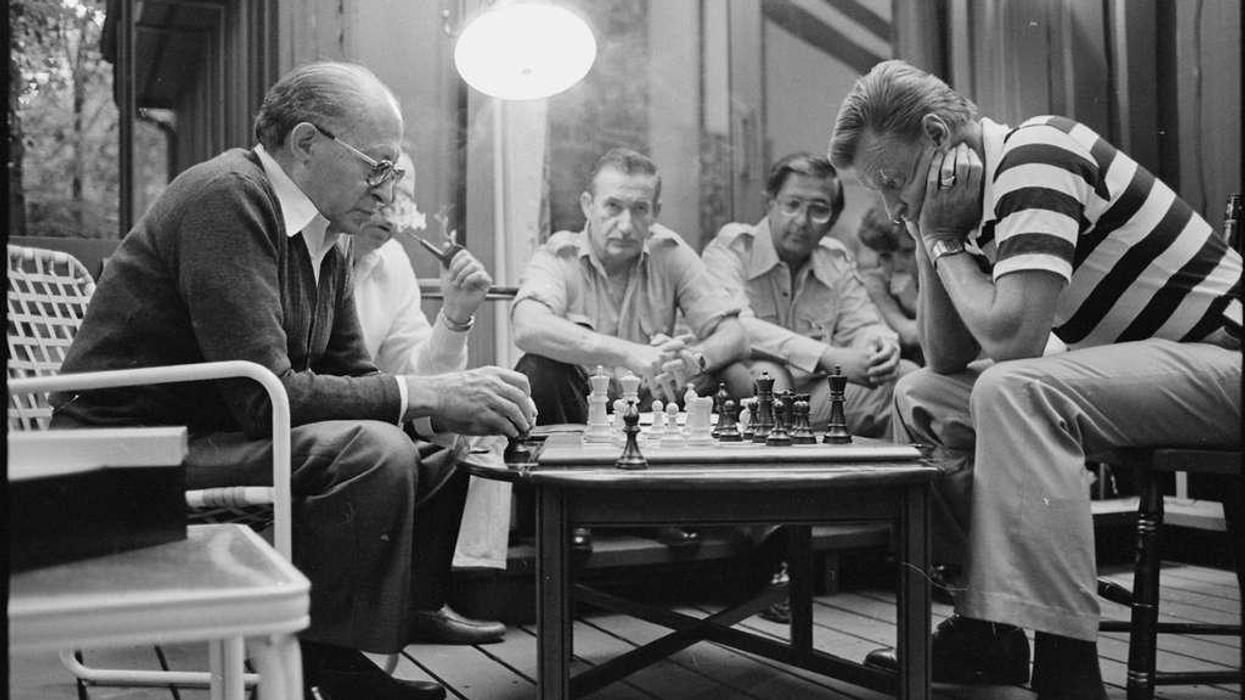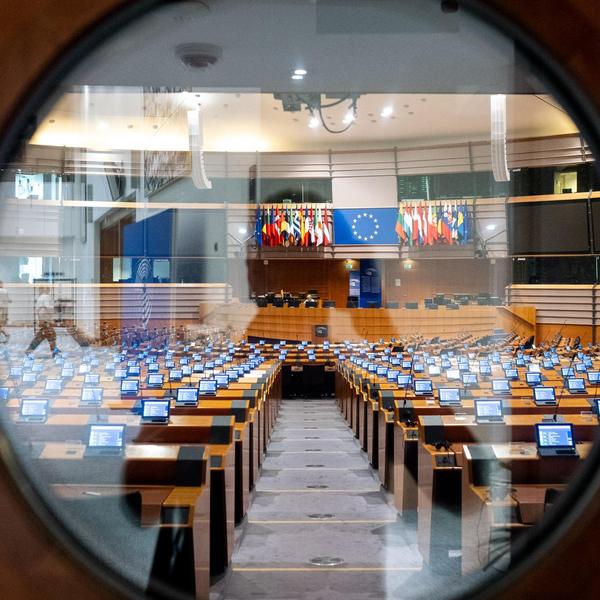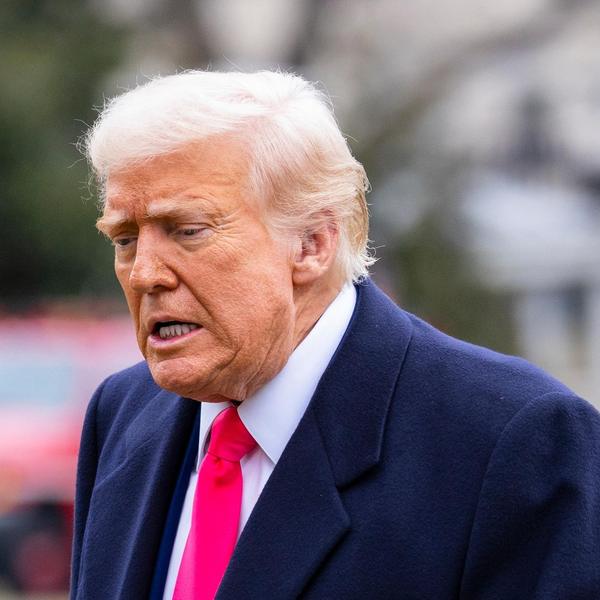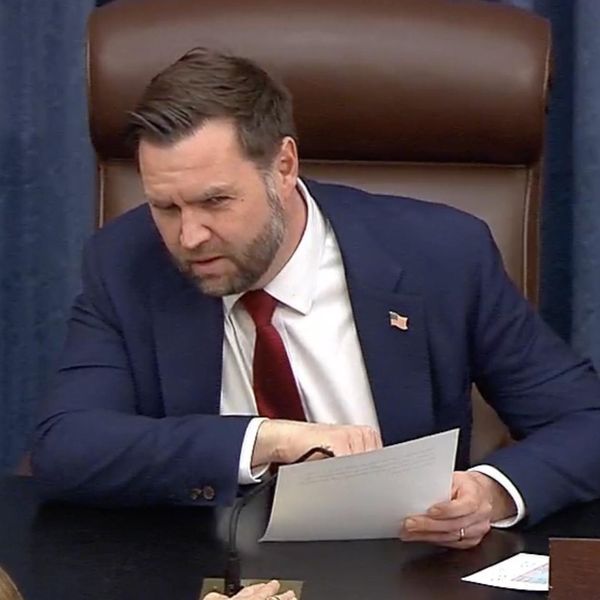From the early 1980s until President Barack Obama announced his intention to normalize U.S.-Cuban relations ten years ago on December 17, 2014, Cuban American voters in South Florida held a virtual veto over U.S. policy toward Cuba.
Well organized and amply funded, the Cuba lobby could deliver a significant bloc of voters in a strategic swing state, voters who would cast their ballots for or against a candidate based on their position on Cuba. Presidential candidates of both parties felt compelled to seek their support—or at least avoid antagonizing them. That leverage, however, is waning.
Last week, Florida International University’s Cuba Research Center released the fifteenth in its series of surveys of Cuban Americans in South Florida, providing an invaluable record of how the community’s views have evolved over time. It largely confirmed the results of the last several FIU polls. “There were no surprises,” co-author Guillermo Grenier said in his presentation of the results.
A majority of Cuban American voters in South Florida are Republican partisans, outnumbering registered Democrats three-to-one, a gap that has grown since 2022. 59% describe themselves as conservative, only 25% as liberal. There are variations in attitudes depending on the respondent’s age, when they arrived in the United States, or were born in the United States, but not as much variation as FIU’s prior surveys found.
See Leogrande's 2024 Quincy Institute paper, Cuba’s Role in U.S. Presidential Elections
From 1991 to 2016, the polls told a consistent story. The community’s deep anti-communist sympathies and vehement opposition to any U.S. engagement with Cuba gradually mellowed. As the generation of political refugees that left Cuba in the 1960s, when Fidel Castro declared the revolution socialist, gave way to a younger generation of more recent arrivals and U.S.-born citizens of Cuban heritage, the polls showed a steady increase in support for selling food and medicine to Cuba, traveling and sending remittances to family on the island, and even lifting the embargo.
Even the Cuban American National Foundation, the group most identified lobbying for a hardline U.S. policy, moderated its positions to favor U.S. policies that fostered family ties across the Florida Strait.
President Barack Obama recognized these changes and based his initial Cuba policy on family engagement, lifting all restrictions on family travel and remittances. By the time he and Raúl Castro announced the restoration of diplomatic relations, Obama was able to count on support from half the Cuban American community.
But then the story took an unexpected turn. Donald Trump was able to re-energize the Cuban American right by promising to finally overthrow the Cuban government. He followed through with a policy of “maximum pressure,” the most intensive set of economic sanctions since the start of the embargo.
Early signs of change in the Cuban American community were visible in the 2018 FIU poll, which for the first time reported some retreat from engagement, with support for ending the embargo falling back below 50%. The Democrats’ share of registered Cuban American voters was also slipping and in the 2018 mid-term elections, Cuban Americans preferred Republican candidates for governor, U.S. Senate, and House of Representatives by 70 to 30%.
Yet this Republican landslide was not entirely attributable to Trump’s Cuba policies. In a list of ten major issues of concern mentioned in the FIU poll, Cuba ranked last. The top issues were the economy, healthcare, and gun control.
The 2020 and 2022 FIU polls confirmed what the 2018 poll foreshadowed. Support for the embargo rose to over 60%, but Cuba still ranked no better than fourth among people’s priority issues. Both polls showed that Cuban American support for Trump and dislike of Biden were not issue-specific, but extended across the full range of policies.
In the 2020 poll, approval of Trump’s handling of a variety of domestic and foreign policy issues was never below 62%. In 2022, Biden’s approval rating on similar questions never rose above 38 %. Notably, 72% of respondents disapproved of Biden’s Cuba policy even though it was not very different than Trump’s. In both 2020 and 2022, domestic issues topped the list of respondents’ major concerns, while Cuba policy was last out of six in 2020 and sixth out of nine in 2022.
The most recent FIU poll underscores this new reality. Between 60% and 70% of Cuban Americans disapproved of every Biden policy, from Cuba to Gaza, China, Russia, and Ukraine. When asked, 68% of them said they would vote for Trump, rising to 94% among Republicans. Yet the issue of Cuba policy again ranked sixth out of nine in importance. And once again, the issues that concerned Cuban Americans most were the same ones that concern all Americans: the economy, health care, and immigration.
The four FIU polls since 2018, have important implications for the domestic political calculations that have so long dominated U.S. policy toward Cuba.
A solid majority of Cuban Americans identify as Republican partisans and they vote overwhelmingly along party lines, just like other partisans. Partisanship in Miami has become almost tribal, just as it has in so much of the United States. The Republican Party has come to be seen as the party of Cuban Americans, just as the Democratic Party is seen as the party of African Americans.
A candidate’s position on Cuba is no longer the driving factor behind Cuban American voting. The salience of the Cuba issue has faded and it now ranks relatively low compared to domestic concerns. The issues that Cuban Americans cite as important to them are the same issues other voters cite.
Conventional wisdom among Democratic politicians has been that if they mimic Republicans on Cuba, other issues more favorable to Democrats would come to the fore and win them a larger slice of the Cuban American electorate. Bill Clinton’s relative success among Cuban Americans in 1992 and 1996 seemed to confirm this strategy. Yet as those issues have come to the fore, Cuban Americans have voted Republican anyway — just like other registered Republicans.
Even then, if Florida were still a swing state, it might make sense for a Democratic candidate to try to make small gains among this solidly Republican Cuban American electorate, just as both Kamala Harris and Donald Trump are currently trying to break off small pieces of their opponent’s coalition in states where the race will be decided by a fraction of a percentage point. Florida, however, is no longer a swing state and Cuban Americans are not a swing constituency.
That’s why neither Harris nor Trump has spent time campaigning there and why Cuba has not been an issue in the campaign. Cuban Americans have become such loyal Republicans that they have lost their leverage with Democrats. The Democratic National Convention offered the most graphic evidence. While delegates from the swing states sat right in front of the stage, the Florida contingent was relegated to the very back of the hall.
If Kamala Harris wins the election, she will owe no political debt to Cuban Americans in Miami and will not need to compromise her foreign policy toward Cuba to keep them happy. To be sure, there are prominent Cuban American Democrats who deserve a seat at the table because they can be valuable partners in fashioning a Cuba policy that serves the national interest of the United States rather than the parochial interests of Little Havana.
But the majority of Cuban Americans have picked their side and, as President Obama said, elections have consequences.
- Bipartisan Senate bill would finally end US embargo on Cuba ›
- Biden stalls on reinstating Cuban remittances for no good reason ›
- US presidential candidates pander, then produce failed Cuba policy ›
- South Florida: When local politics become rogue US foreign policy | Responsible Statecraft ›

